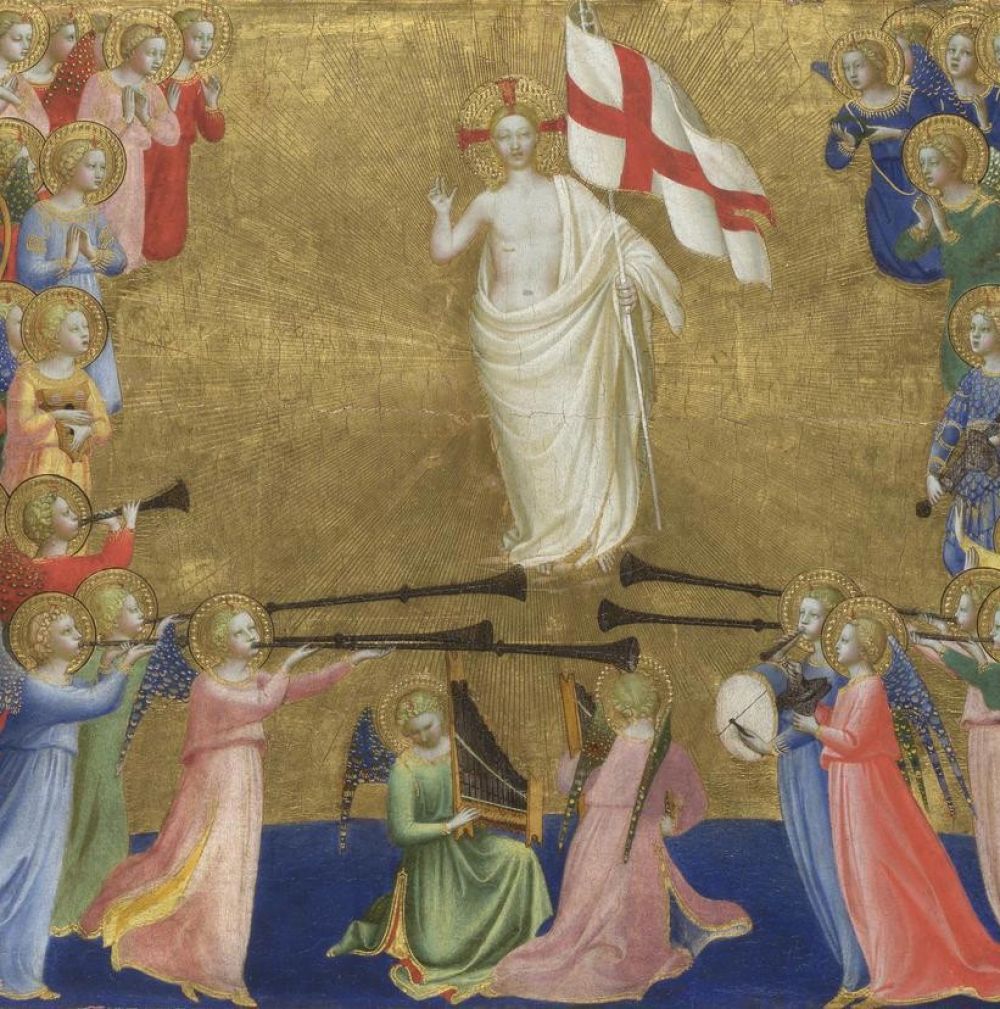
Our Father 5: Thy Kingdom come
Today we are looking at the third petition of the Our Father, ‘Thy Kingdom Come’
As it says in the Catechism of the Catholic Church,
‘In the Our Father, the object of the first three petitions is the glory of the Father: the sanctification of his name, the coming of the kingdom, and the fulfillment of his will. the four others present our wants to him: they ask that our lives be nourished, healed of sin, and made victorious in the struggle of good over evil.’(CCC 2857)

The Wondrous Gift
On 21st December we gave a day of recollection for women. 22 women attended. The day included talks, Mass, adoration of the Blessed Sacrament and opportunity for confession. If you are interested in attending such a day and live near enough to Cambridge (UK!) then do be in touch. The next one planned will be in Lent. The following talk was the third of three.

Receiving and Giving
On 21st December we gave a day of recollection for women. 22 women attended. The day included talks, Mass, adoration of the Blessed Sacrament and opportunity for confession. If you are interested in attending such a day and live near enough to Cambridge (UK!) then do be in touch. The next one planned will be in Lent. The following talk was the second of three.

Our Father 4: Hallowed be thy name
We began this series on the Lord’s Prayer as found in the Gospel of Matthew 6:9-13 back in the spring, and then took a break for the summer holidays, so since it has been a while, I will first begin with a brief overview of this prayer, focusing on the Seven Petitions in it, based on the teaching of St. Thomas Aquinas, and then I will focus more specifically on the verse, “Hallowed be Thy Name.”

'What is Knowing?' Divine, Human and Artificial Intelligence
CEPHAS seeks to contribute to the renewal of philosophy and Christian theology in the UK through close study, in particular, of St Thomas Aquinas.CEPHAS 2024 will be an opportunity to engage in ‘the most important conversation we should be having’ about ‘the future of AI’.